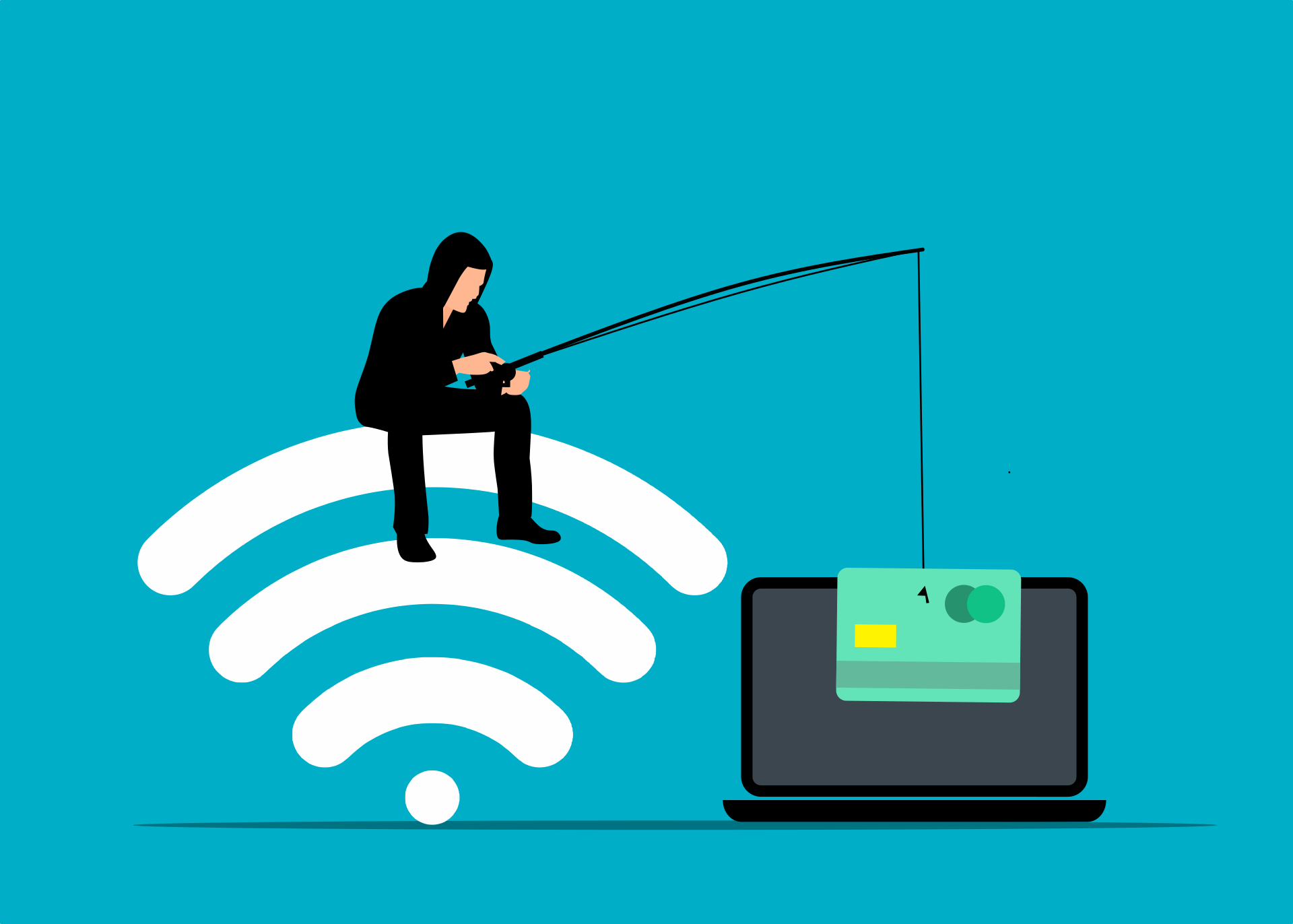
The web browser proved least effective at preventing phishing attacks also happens to be the most popular browser of the year. If you conduct most of your web surfing from Google Chrome, your device is more vulnerable to phishing attacks. A study by the UK consumer group Which? discovered that, after searching 800 recently identified phishing websites in different browsers, Chrome blocked only 28% of the sites on a Windows PC and even less, 25%, on a Mac.
What is Phishing?
Phishing is a popular activity amongst cybercriminals, where they literally go “fishing” for your confidential information. Phishing attacks come in many forms, such as a fishy-looking email that includes a suspicious attachment or link, a text message, an ad, or even a webpage. Usually less sophisticated than impersonation attacks, phishing attacks borrow similar tactics to appear reputable and deceive users into handing over sensitive data, like passwords or credit card information.
What is the Safest Browser to Protect Against Phishing?
Mozilla Firefox reigns supreme for maximum protection against phishing attacks, blocking 85% of phishing attacks on Windows PCs and 78% on Macs. Microsoft’s Edge browser ranked in second place, preventing 82% of phishing attacks, and Apple’s macOS default browser, Safari, followed in third place, blocking 77% of attacks. Opera placed fourth, blocking 56% of phishing attempts on Windows and Mac computers.
To learn more about phishing attacks, read our blog post: 6 Timely Tips To Help Businesses Avoid Phishing Emails.
Surf the web safely by using a web browser that offers greater protection against cybercrime.
For more information about protecting your data, call Uprite Services today at 866-570-3065. We are a managed IT and cybersecurity provider specializing in solutions to streamline your Texas business.

